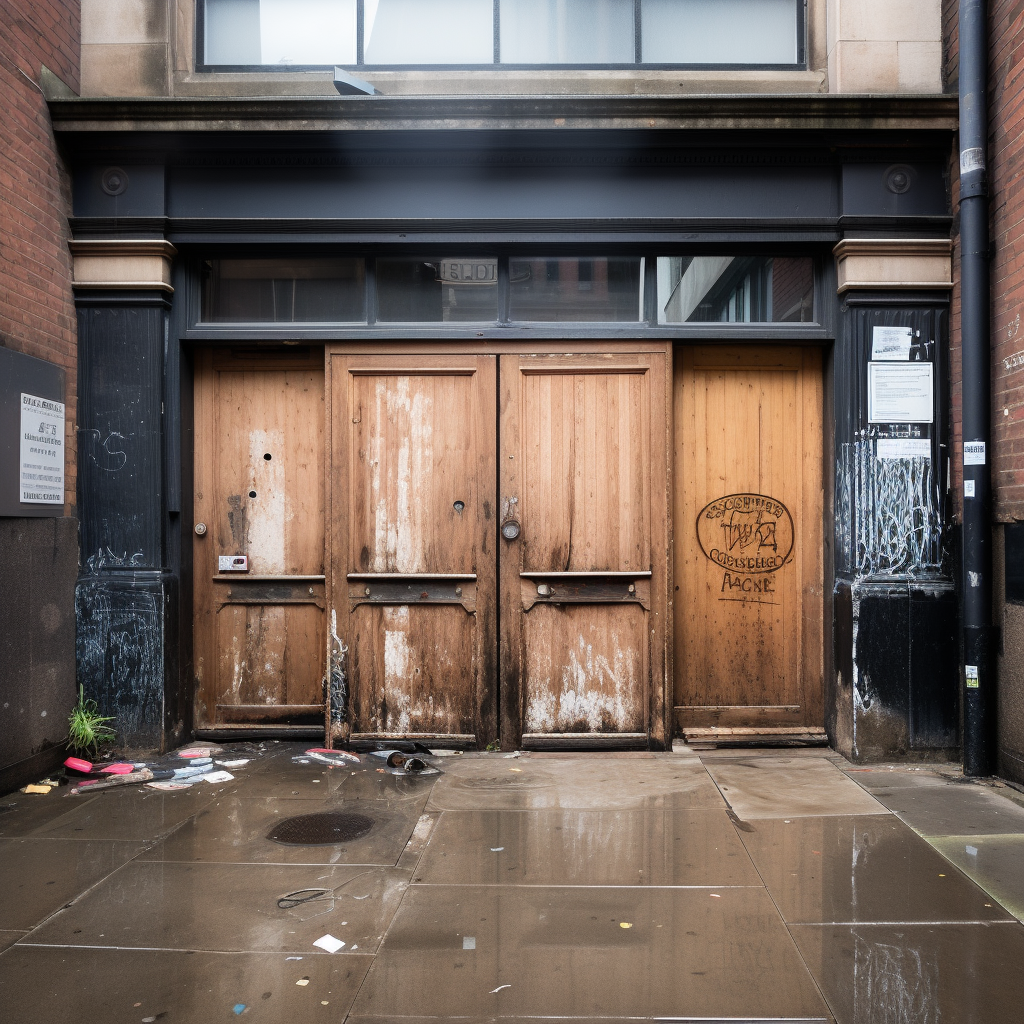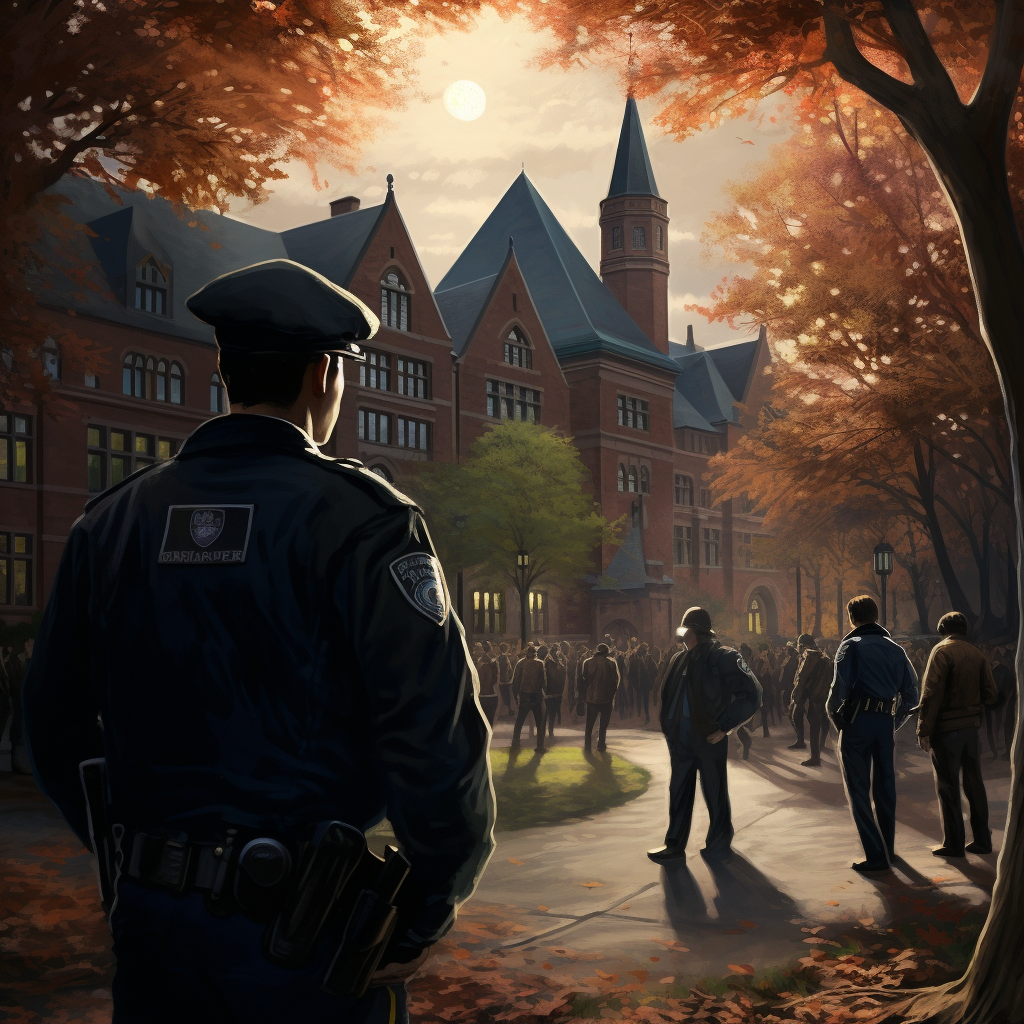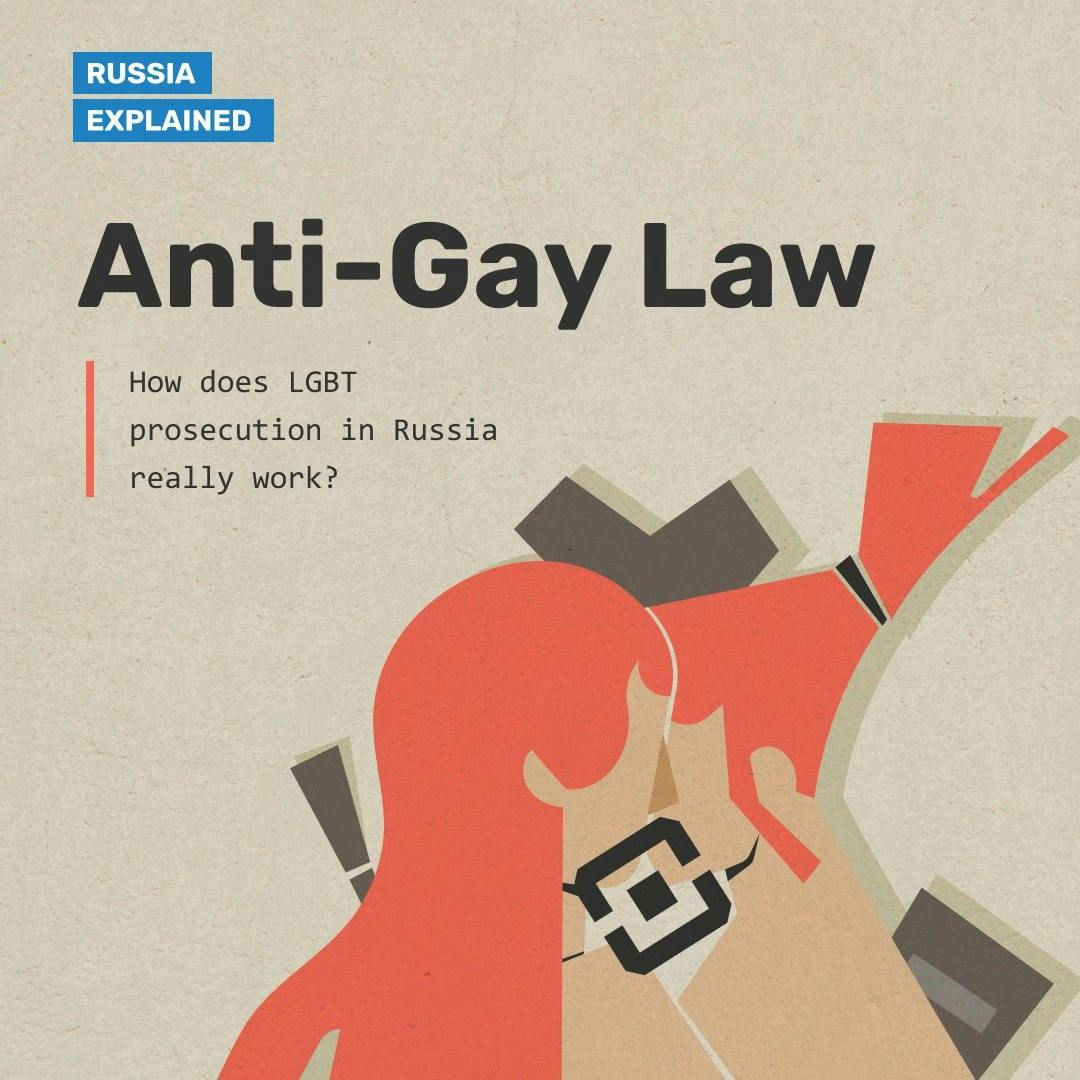How All of Russian TV Became State-Controlled
Short biography of the freedom that never happened.



In January 2023, Russia added Meduza, the country’s leading independent media outlet, to its list of ‘undesirable’ organisations. Later, in March, the global anti-corruption watchdog Transparency International was also labelled as ‘undesirable.’ They are not the first ones — and most likely not the last.
According to the law, which came into force in 2015 as a follow-up to the Russian foreign agent law, ‘undesirable’ organisations are those posing a threat to the foundation of the constitutional order of the Russian Federation, the defence capability of the country, or the security of the state.
‘Undesirable’ is a more severe term than ‘foreign agent.’ While ‘foreign agents’ can keep functioning, albeit with burdensome restrictions, ‘undesirable’ organisations are required to cease their activities in Russia.
Moreover, Russian citizens and legal entities are not allowed to cooperate with such organisations, either on or off the territory of Russia. A website that distributes information materials of an ‘undesirable’ organisation may be blocked, and people that participate in the activities of ‘undesirable’ groups may be criminally prosecuted and subjected to high fines and significant jail time.
Initially, the law was used to crack down on foreign and international NGOs, mainly those receiving funding from the United States and Europe. In 2021, however, Russian authorities started to use this ‘weapon’ against independent media outlets, labelling them as ‘undesirable’ and forcing them to suspend their activities.
The first news organisation to suffer this fate was The Project (Proekt Media), a media outlet publishing well-researched, unflattering, and sometimes embarrassing investigations into Russia’s ruling elite. Later, in 2022, the authorities placed on the ‘undesirable’ list investigative news outlets iStories, The Insider, and Dutch-based Bellingcat.
Overall, 22 organisations of various types were recognised as ‘undesirable’ in 2022. Also, Russian political activist and ex-head of the pro-democratic opposition movement Open Russia Andrei Pivovarov was found guilty of ‘carrying out activities of an undesirable organisation’ and sentenced to four years in prison.
In 2023, Russian authorities designated the independent news outlet Meduza an ‘undesirable’ organisation, effectively outlawing the site from operating in Russia and banning any Russian from cooperating with Meduza or its journalists.
While Meduza and other ‘undesirable’ media outlets keep working from abroad, it has become way more difficult for them to distribute their materials, cooperate with speakers and find new heroes in Russia, as well as receive donations from their readers.
Their ‘undesirable’ status poses legal risks to Russian citizens, both inside and outside the country, who participate in their activities. Sharing hyperlinks to their materials on various platforms, giving comments to their correspondents, or donating to help finance their operations may lead to criminal prosecution by the state. For Russians living abroad, this means the risk of losing the opportunity to travel to their homeland. For those residing in Russia, this means the risk of going to jail.
Declaring Meduza ‘undesirable’ also seems like a warning to all other Russian independent journalists. After Meduza was labeled a ‘foreign agent’ in 2021, the authorities proceeded to label other news organisations, including the leading independent television channel TV Rain (Dozhd) and the renowned investigative newspaper Novaya Gazeta. Repeating this situation, this time with the label ‘undesirable,’ is likely to lead to much more dramatic consequences.
Short biography of the freedom that never happened.

Russia is seizing the control of academic freedoms of both private and public universities. How does this work? Has any school remained free?

How the Russian regime fights for traditional values

Our media platform would not exist without an international team of volunteers. Do you want to become one? Here's the list of currently opened positions:
Is there any other way you would like to contribute? Let us know:
We talk about the current problems of Russia and of its people, standing against the war and for democracy. We strive to make our content as accessible as possible to the European audience.
Do you want to cooperate on content made by the Russian standing against the war?
We want to make people of Russia, who stand for peace and democracy, heard. We publish their stories and interview them in Ask a Russian project.
Are you a person of Russia or know someone who would like to share their story? Please contact us. Your experience will help people understand how Russia works.
We can publish your experience anonymously.
Our project is ran by international volunteers - not a single member of the team is paid in any way. The project, however, has running costs: hosting, domains, subscription to paid online services (such as Midjourney or Fillout.com) and advertising.
Our transparent bank account is 2702660360/2010, registered at Fio Banka (Czech republic). You can either send us money directly, or scan one of the QR codes bellow in your banking app:




Note: The QR codes work only when you scan them directly from your banking app.
Russia started the war against Ukraine. This war is happening from 2014. It has only intensified on February 24th 2022. Milions of Ukrainians are suffering. The perpetrators of this must be brought to justice for their crimes.
Russian regime tries to silence its liberal voices. Russian people against the war exist - and the Russian regime tries its best to silence them. We want to prevent that and make their voices heard.
Connection is crucial. The Russian liberal initiatives are hard to read for European public at times. The legal, social and historical context of Russia is not always clear. We want to share information, build bridges and connect the liberal Russia with The West.
We believe in dialogue, not isolation. The oppositional powers in Russia will not be able to change anything without the support of the democratic world. We also believe that the dialogue should go both ways.
The choice is yours. We understand the anger for the Russian crimes. It is up to you whether you want to listen to the Russian people standing against this.